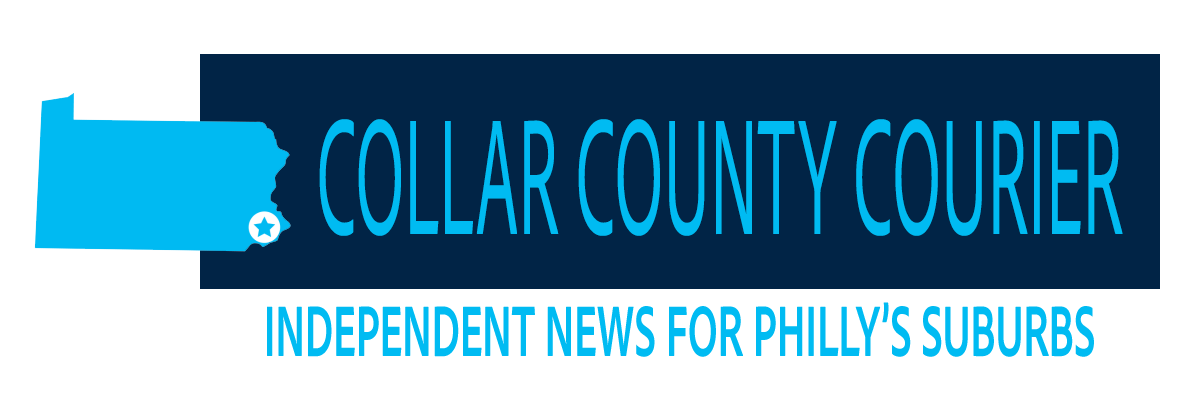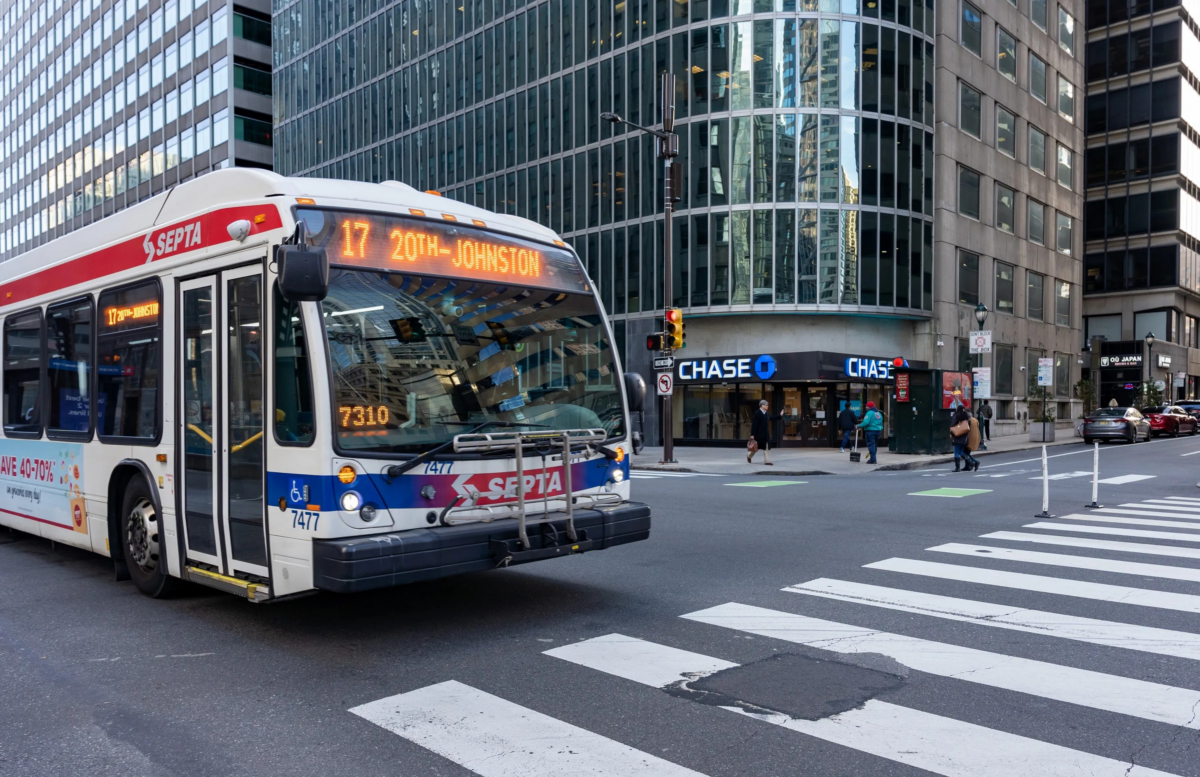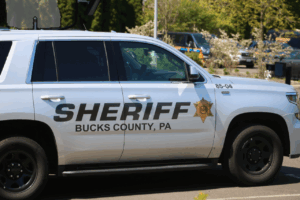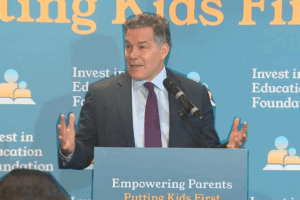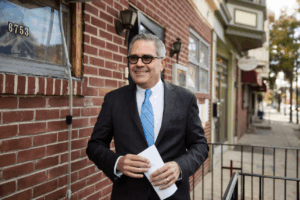The 20% increase in transit spending is being criticized by advocates as not enough.
While unveiling his proposed state budget last week, Pennsylvania Gov. Josh Shapiro (D) said he was seeking a huge increase in funding for public transit as well as road and bridge funding.
Shapiro’s budget seeks an additional nearly $300 million for public transit, to be doled out partially to regional or municipal transit systems like Pittsburgh Regional Transit. Shapiro’s plan has the backing of the Pennsylvania Senate’s top Democrat, Jay Costa, who also acknowledges challenges in funding such an increase.
Among the potential sources to pay for the new spending is to tax so-called skill games, gaming terminals installed in Pennsylvania small businesses, at a 52% tax rate.
Republicans in the statehouse are skeptical of Shapiro’s budget proposal, saying the state shouldn’t be relying “on revenues that don’t exist right now.”
The Governor has also worked to prevent cuts to SEPTA, the regional public transit for the Philadelphia area, though the agency’s ridership hasn’t bounced back to pre-pandemic numbers.
Despite the colossal extra spending on transit Shapiro proposed, advocates for Pittsburgh Regional Transit still say it’s not enough given what is projected to be a $100 million operating deficit in the upcoming fiscal year.
During his address to a joint session of the General Assembly, Shapiro characterized the additional spending as investments that will attract businesses while also helping “Pennsylvanians get where they need to go.”
Transit authorities in Berks and Lancaster counties say they will be heavily reliant on the infusion of cash because they have been operating at a “major deficit” after COVID funding, which was always supposed to be temporary, has been depleted.
